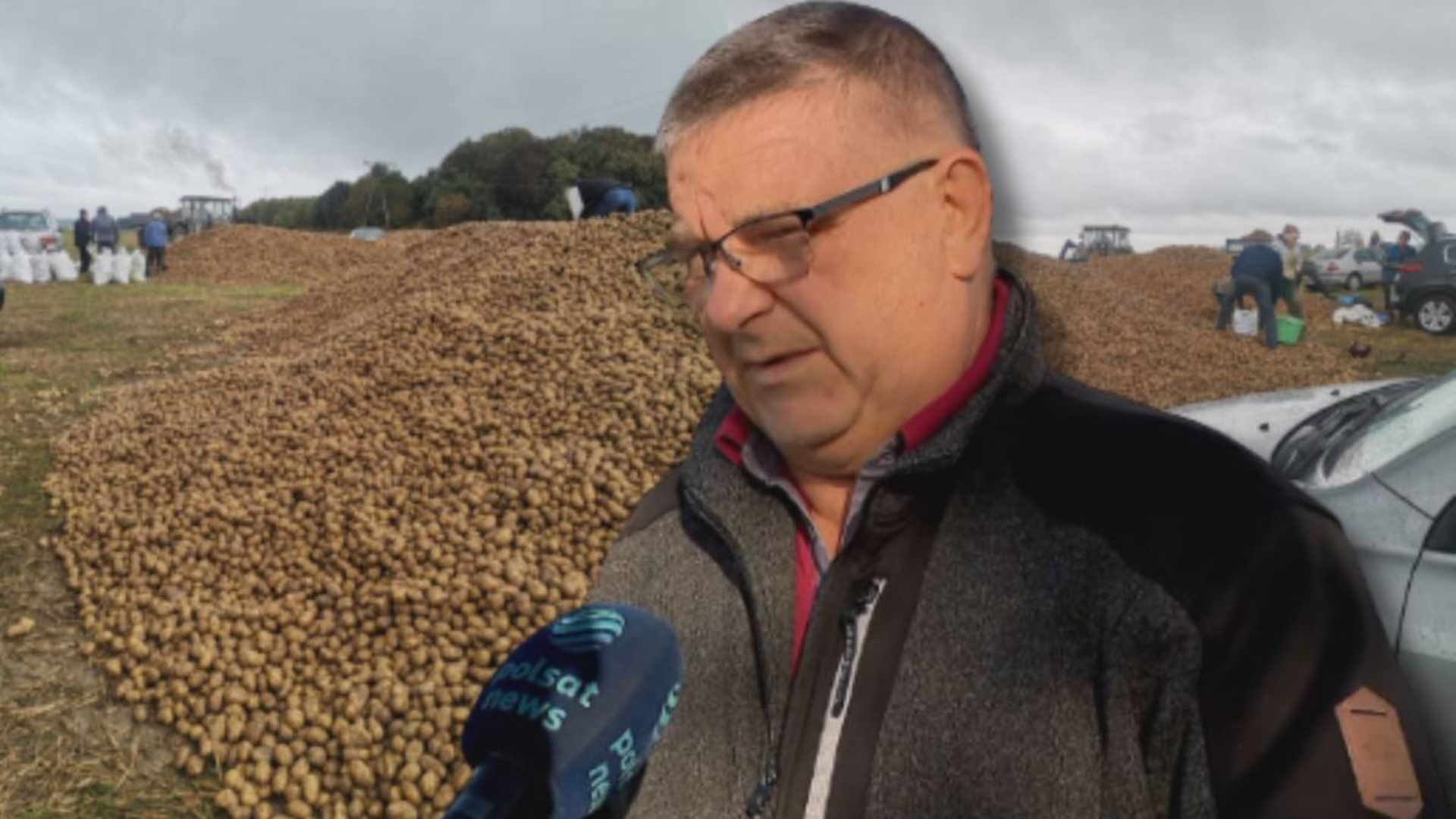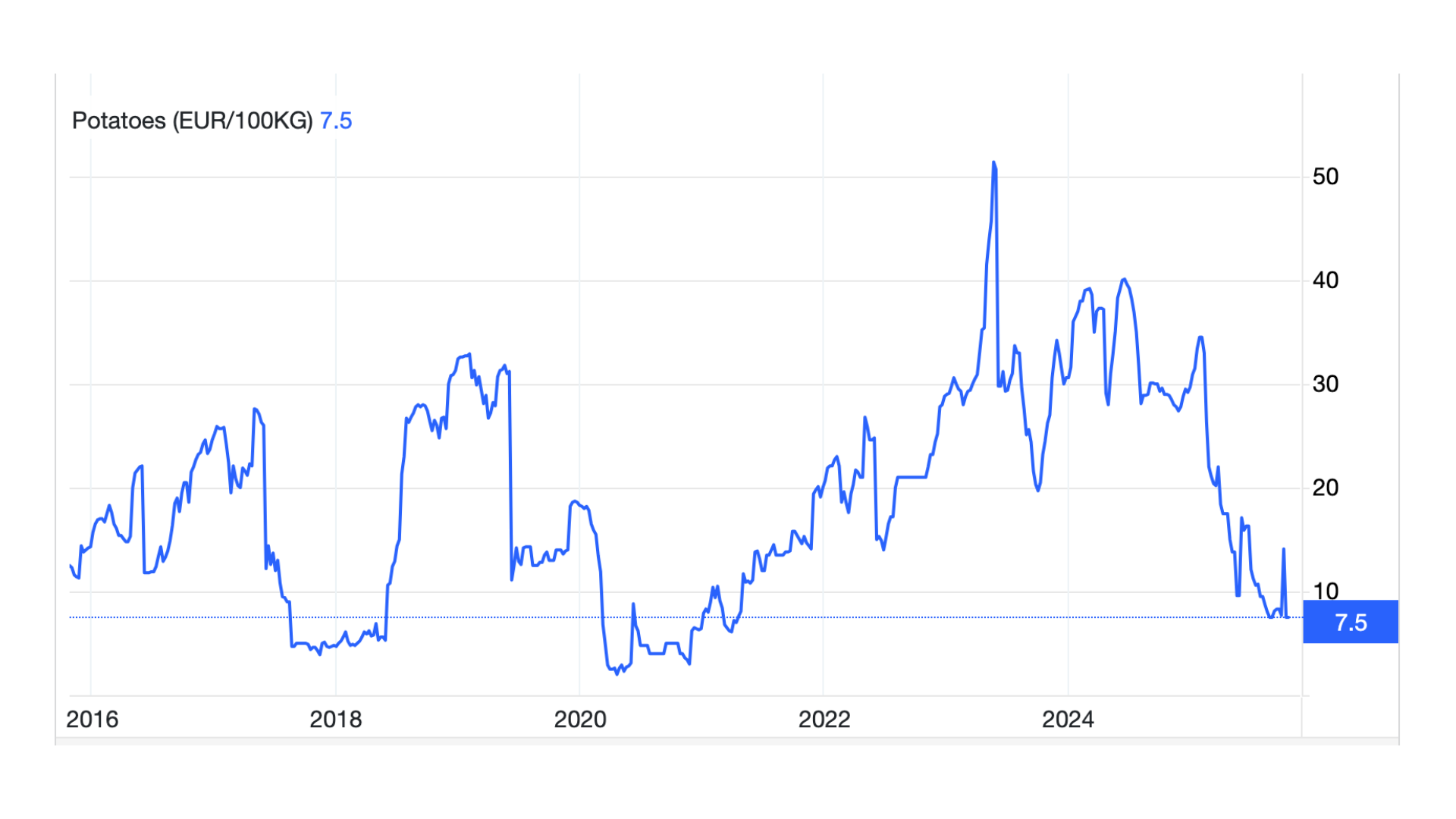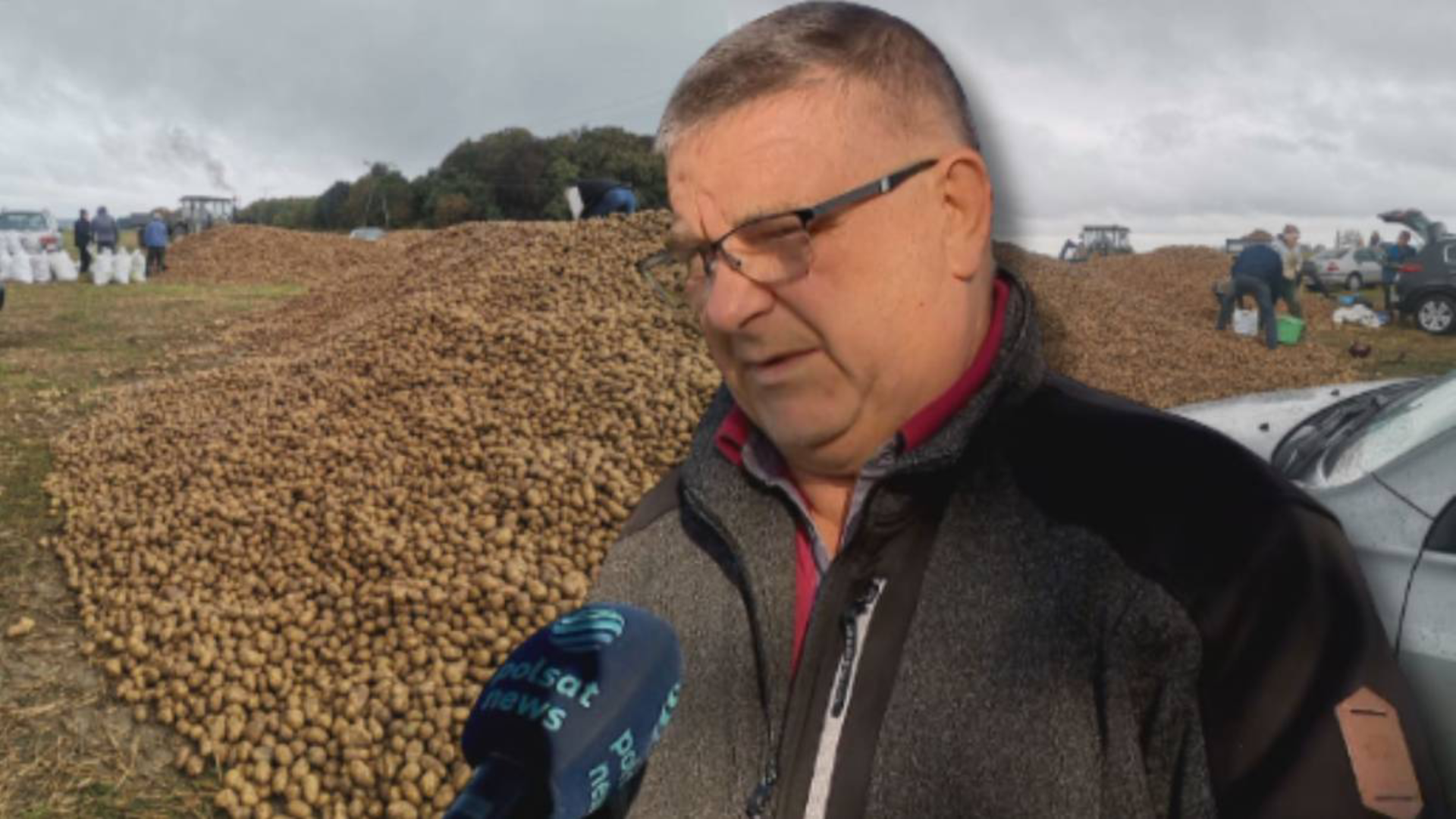The real-world consequences of blindly trusting large group chats.

While misinformation on the internet has been extensively discussed in its global extent, information specific to smaller communities has usually remained less affected, with existing local news structures currently standing as the most-relied source for the latter.
However, even on a village level, rumors spread over local internet groups on Facebook, WhatsApp and Telegram can have real consequences, as recently demonstrated with the theft of approximately 150 tonnes of potatoes from a field in the Polish village of Dąbrowica.
How Potatoes Can Disappear Overnight
In Dąbrowica, a 650-people-small community in the Southeastern Polish Leżajsk County, the mentioned potatoes disappeared over the course of October 11, 2025, after a false rumor spread that they could be taken for free. The misinformation, suggesting the farmer had abandoned the crop due to low market prices, prompted dozens to arrive with bags, trailers, even tractors.
The potatoes belonged to entrepreneur Piotr Gryta, co-owner of the field and a nearby vodka distillery, who clarified that the produce had just been paid for and delivered to his field on October 9. While it is not yet known who originally started spreading it, Gryta expressed hope that the individual would publicly correct the rumor so that his potatoes could be returned.
Following the revelation that the potatoes were not free, some residents reportedly began returning the stolen goods, moved by remorse. The businessman, estimating his losses at around 60,000 złoty (about 16,500 US dollars), told Polsat News, who first reported on the matter, that he will involve the prosecutor's office if the matter is not voluntarily resolved.
"I hope that the public will come to their senses, reflect, and that the man who wrote this fake news will also rectify this in some way and launch an appeal" – Piotr Gryt
How People Fell For It

The rumor's plausibility may stem from both current farming conditions and social media dynamics. Following post-Covid inflation concerns, the EU and several of its member states introduced measures to lower food prices which – combined with the bloc's large free trade area and potential future ties with agriculturally stronger MERCOSUR and Ukraine – have exerted downward pressure on food prices relative to income.
While lower food prices benefit most consumers, farmers face reduced income and are often pushed to shift from staple crops like potatoes to more profitable but labor-intensive cash crops. Many in Europe have instead turned to local access and "self-picking" models to cut labor costs, which have risen amid tighter immigration policies limiting low-wage seasonal workers.
Finally, digital communication patterns amplify the believability of such rumors through speed and social reinforcement. Studies show that fear of missing out (FoMO) and social-proof dynamics drive people to act on unverified information shared in online groups, especially when many peers appear to be participating and the availability of the opportunity appears to be limited.
But what do you think? Is there a way to make even small communities more resistant towards online misinformation? Or was this just an unlucky coincidence? Let us know in the comments!


































